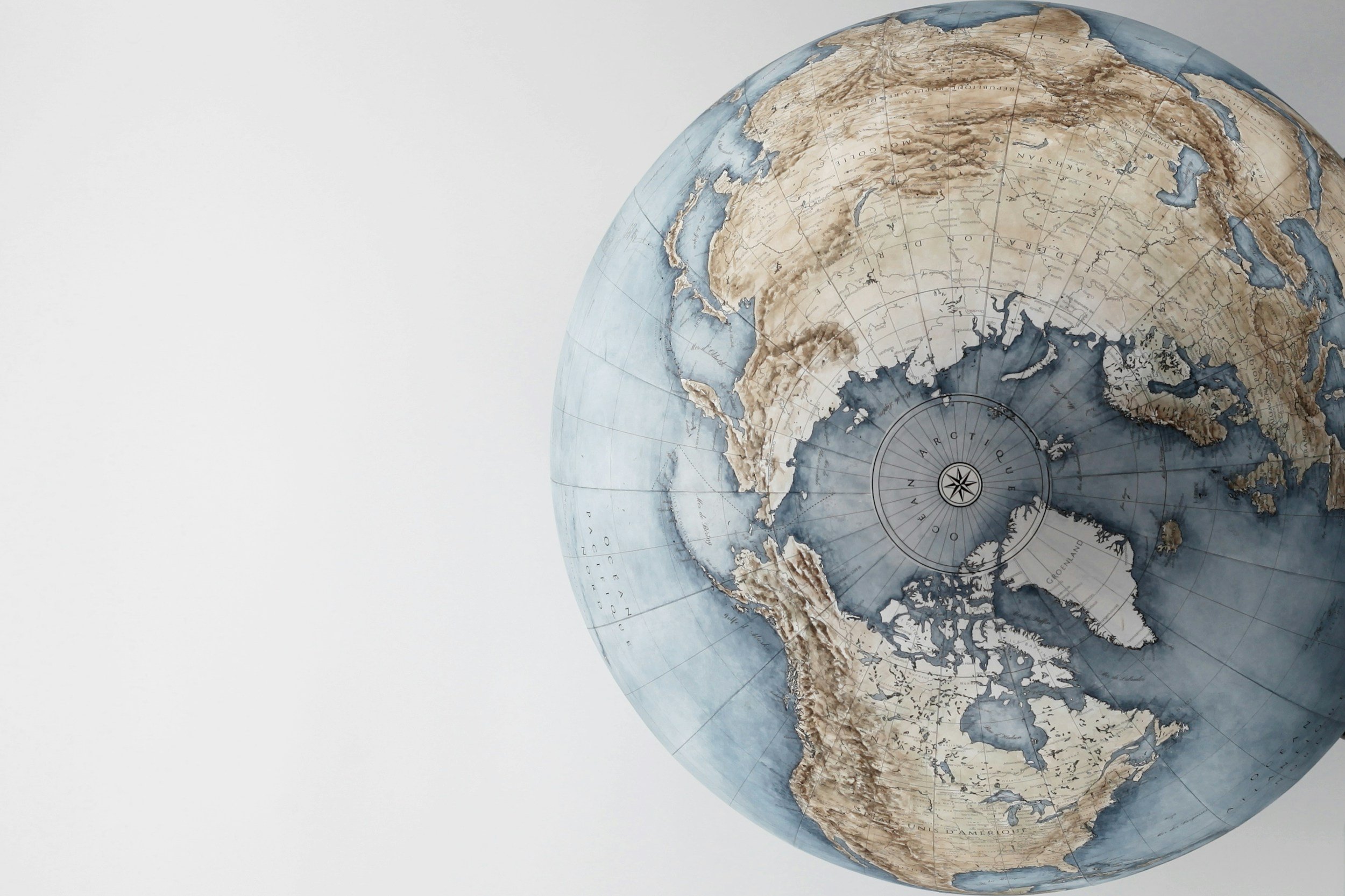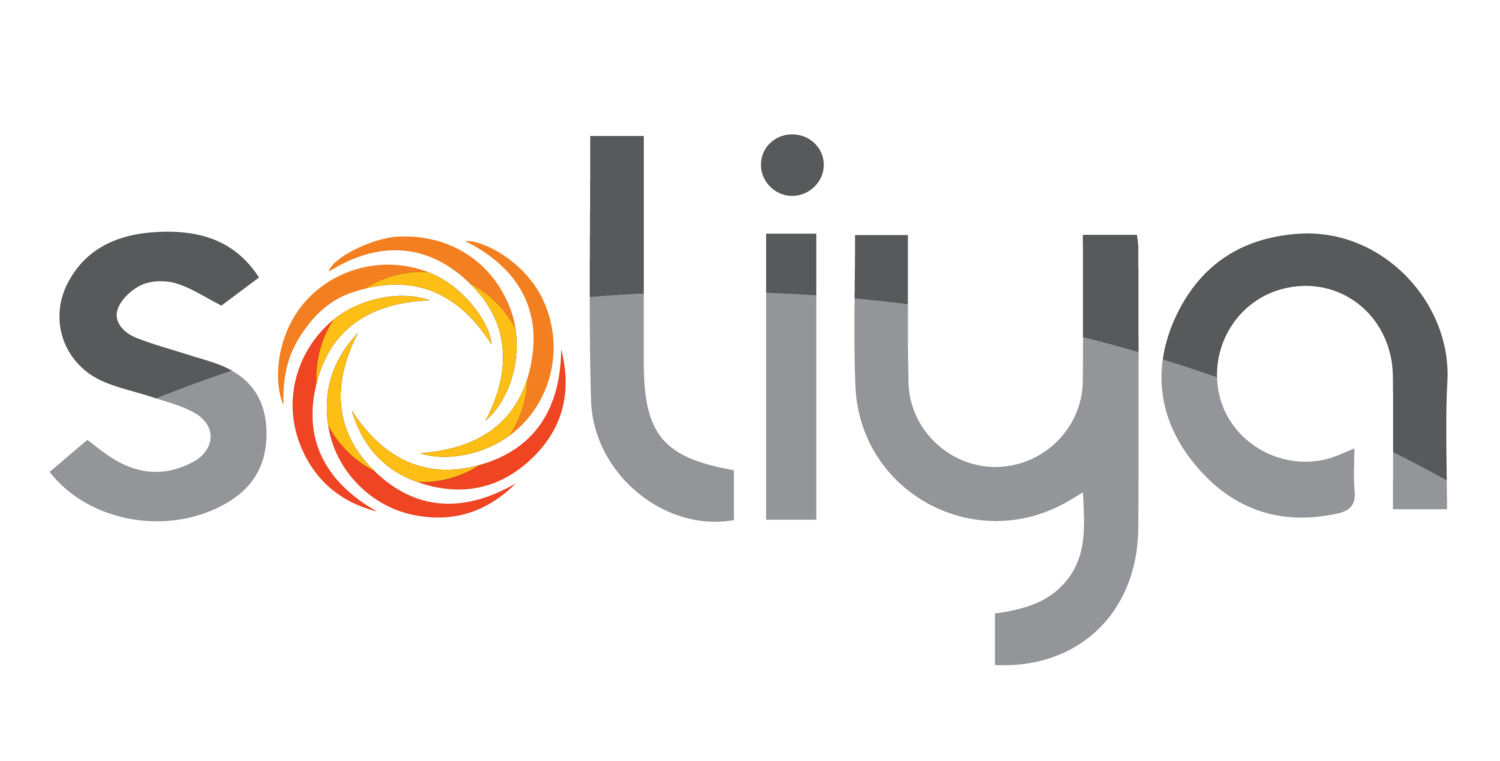“Economy, politics, environmental issues, topics related to war and peace, migration and assimilation, racism and freedom of speech are discussed every day through Facebook, Twitter, and other conveyors of information.”
— Enhancing Online Discourse through Virtual Exchange: An International Model
Whenever issues are potentially controversial, two dynamics usually prevail:
We talk with people who agree with us, which does not trigger much learning, or
We confront people who disagree with us and end up escalating disagreement.
Aims of Dialogue Programs
-
By gathering individuals from different identity groups, and with the help of multipartial trained facilitators, dialogue aims to increase mutual understanding and build sincere and sustainable relationships.
-
Triggering a positive shift, from a confrontational to a more cooperative relationship and to spreading this transformation into their wider societies.
-
Breaking down stereotypes and building empathy among participants, thus fostering a new culture of constructive engagement, enabling participants to provide a "firewall" for further escalation.
To respond to this situation, intercultural dialogue programs between people of different national, religious, or political backgrounds are a growing part of the conflict resolution field.
When a confrontation arises, experienced participants can refrain from feeding the general escalation, and may convince others to reverse the cycle.
To reach the scale needed to make a global impact, these programs are turning to the Internet as a space where dialogue across differences can be constructive.

To explore online discourse through Virtual Exchange in more detail, feel free to read the following article by Rafael Tyszblat in “The Invisible Threads of Public Discourse: Lessons From Other Countries”, ACResolution Magazine - September 2017, pp. 35-38:
Enhancing Online Discourse through Virtual Exchange: An International Model



